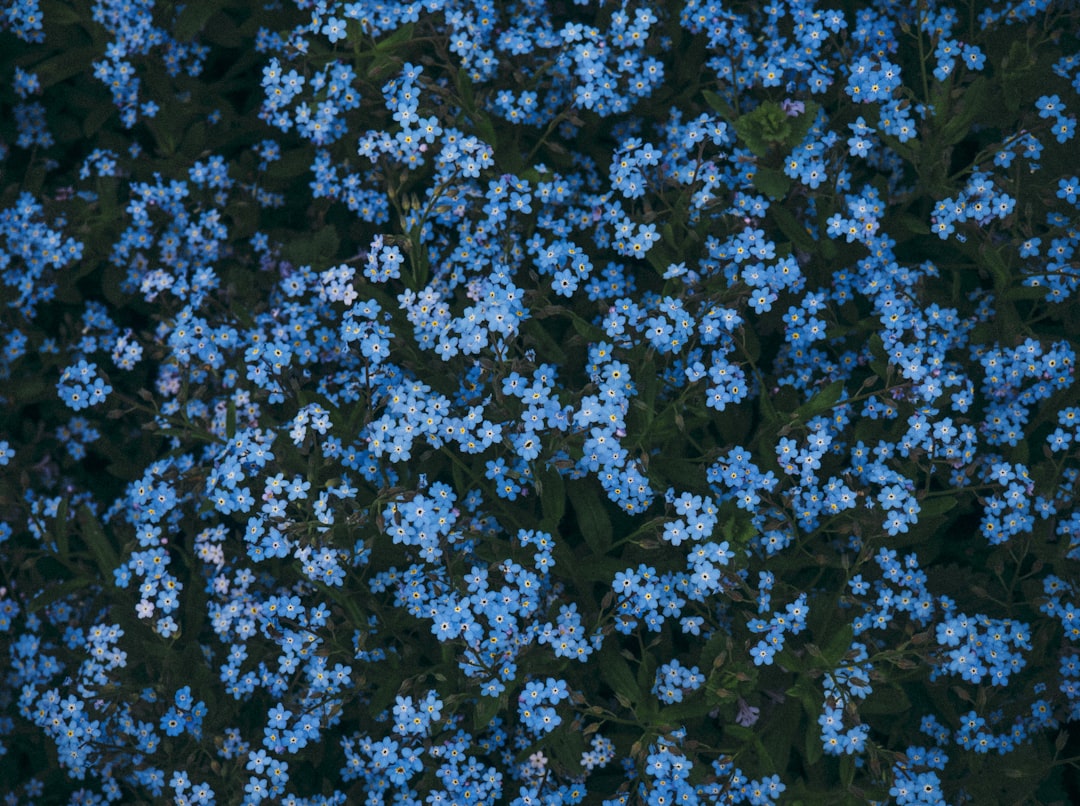Natural Solutions for Squash Vine Borers in Your Garden

When it comes to gardening, dealing with pests is an inevitable challenge. One particularly troublesome pest for pumpkin, zucchini, and other squash crops is the squash vine borer. These pests can cause significant damage to your plants, but the good news is that you don't have to rely on pesticides to get rid of them and prevent their return.
First, let's understand what squash vine borers are. Squash vine borers are the larvae of a type of clear - winged moth. The adult moths lay their eggs at the base of squash plants in late spring or early summer. Once the eggs hatch, the larvae bore into the stems of the plants, feeding on the inner tissues. This disrupts the flow of water and nutrients, causing the plants to wilt and eventually die.
One of the most effective non - pesticide methods to prevent squash vine borers is through physical barriers. You can use row covers to protect your young squash plants. Row covers are lightweight, breathable fabrics that allow sunlight, water, and air to reach the plants while keeping the adult moths from laying their eggs on the stems. Make sure to secure the edges of the row covers tightly to the ground to prevent the moths from getting underneath. However, you'll need to remove the row covers once the plants start to flower so that pollinators can access the blossoms.
Another preventive measure is to practice crop rotation. Squash vine borers overwinter in the soil near the remains of infected plants. By rotating your squash crops to a different location in your garden each year, you can disrupt the life cycle of the borers. They may emerge from the soil in an area where there are no suitable host plants, reducing their chances of survival.
If you already have squash vine borers in your plants, there are still non - chemical ways to deal with them. You can try to manually remove the larvae from the stems. Carefully slit the infested stem lengthwise with a sharp, clean knife and remove the white, grub - like larvae. After removing the larvae, you can cover the slit stem with soil. In many cases, the plant will be able to heal itself and continue to grow.
Beneficial insects can also play a role in controlling squash vine borers. Parasitic wasps are natural enemies of squash vine borer larvae. You can attract these beneficial wasps to your garden by planting flowers such as dill, fennel, and yarrow. These flowers provide nectar and pollen for the adult wasps, encouraging them to stay in your garden and prey on the borers.
Maintaining healthy plants is also crucial in preventing squash vine borer infestations. Well - watered and fertilized plants are more resilient to pest attacks. Make sure to water your squash plants at the base to keep the foliage dry, as wet leaves can attract other pests and diseases. Additionally, remove any dead or diseased plant material from your garden regularly to eliminate potential hiding places for pests.
In conclusion, getting rid of squash vine borers without pesticides is not only possible but also beneficial for the overall health of your garden. By using physical barriers, practicing crop rotation, manually removing larvae, attracting beneficial insects, and maintaining plant health, you can effectively manage these pests and enjoy a bountiful harvest of pumpkins, zucchini, and other squash crops.